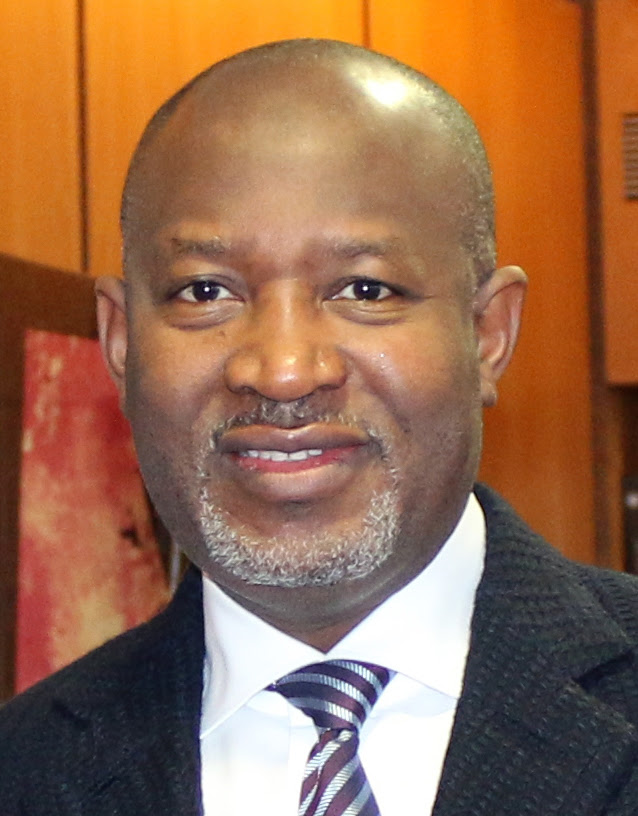Indigenous airlines in the country have threatened to stop remittance of Value Added Tax (VAT) to government coffers effective June 14 this year.
The operators claimed that continuous collection of such tax negated the principles of the nation’s fiscal policies and international best practices in the industry.
The airlines operators disclosed their plan on VAT remittance at the end of their meeting held in Lagos.
Specifically, they hinged their grouse on the claim that apart from them, no other operator in their line of business in the transportation sector remits VAT to government and wondered why they should be compelled to pay the tax to government and its agencies.
The airlines also blamed the Nigerian Civil Aviation Authority (NCAA) over the continuous collection of five per cent Ticket Sales Charge (TSC) and Cargo Sales Charge (CSC), saying that this charges had impacted negatively on their operations in terms of dwindling passengers’ patronage.
Reading out a prepared speech in which the operators’ grouses were highlighted, the Chief Executive Officer, Topbrass Aviation, Mr. Roland Iyayi, pointed out that collection of VAT by any government agency was illegal, unfathomable and would no longer be tolerated by the airlines.
While responding to media during the question and answer session of the briefings, Iyayi recalled that there was a Presidential Committee set up by the government in August 2017 to address the multiple charges being collected from the airlines by the government and its agencies, noting that after almost 10 months after the committee’s inauguration, the government is yet to address any of the issues raised by the committee.
He lamented that the “harsh operating environment” which the operators were going through, listing excessive taxation as one of the burdens operators continued to bear which is also undermining their operations.
Iyayi blamed the inclement fiscal regime for the collapse of over 50 airlines in the country, pointing out that the VAT was no longer sustainable to the airlines.
He said: “VAT is no longer sustainable and equitable to the passengers. Will the intending national carrier be paying VAT to the government?
“There was a Presidential Committee set up in August 2017 to address the issues of multiple charges on the airlines, but about 10 months into the inauguration, the government was yet to do anything about this and the recommendations of the committee. These multiple charges by the government is undermining our operations and we can no longer sustain it”, Iyayi added.
In his remarks, the Chairman of Airlines Operators in Nigeria (AON), Capt. Nogie Megission, pointed out that collection of VAT and imposition of other charges had reduced passenger traffic leading to operating airlines’ losses over the years.
According to him, data collected from the Federal Airports Authority of Nigeria (FAAN) indicated that passenger traffic reduced by 26.3 per cent in the operating year of 2017 when compared to 2016 while the first quarter of 2018 had also indicated drop in passengers’ traffic by 10 per cent when compared to the same period in 2017.
He said: “The passengers’ movement is dropping at an alarming rate annually. While our direct competitors are not paying VAT, we are compelled to remit such to government coffers. We want our clients to come back to the sector. We are only helping the masses by saying we won’t remit tax again.”
Megisson, who is also the Chief Executive Officer, Jed Aviation, also blamed the NCAA for the collection of five per cent TSC and CSC, stressing that the agency is being paid for services rendered.
The AON pointed out that agencies in the sector were not established as profit-making agencies but that most of them have in recent times been operating as commercial entities instead of playing their statutory roles.
“The agencies have surplus funds beyond what they require. This is why just six persons in the Nigerian Airspace Management Agency (NAMA) could corruptly diverted N6.2bn within 18 months. The government should review the policy of 5 per cent TSC and CSC,” AON said.






